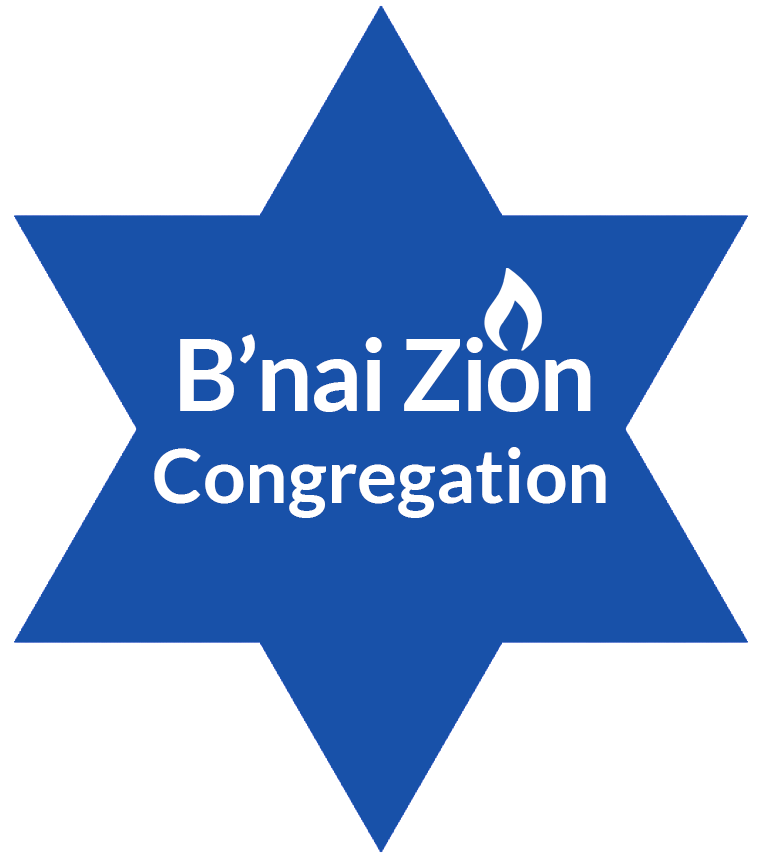Deuteronomy 23:23
וְכִ֥י תֶחְדַּ֖ל לִנְדֹּ֑ר לֹֽא־יִהְיֶ֥ה בְךָ֖ חֵֽטְא׃
You incur no guilt if you refrain from vowing.
There is no part of the High Holy Day liturgy more iconic, or more unusual, than Kol Nidre. Not a prayer in itself, Kol Nidre – the very first words of Yom Kippur – is a declaration annulling the vows we made to God this past year, and preemptively nullifying those we might make in the year ahead. One might expect Yom Kippur to begin with words of confession, or praise to God. Why is it that for generations, we have instead opened with this declaration of annulment?
Few things get us into trouble more than words. We have all said things we didn’t mean: hurtful remarks, promises broken, commitments unmet. A few fleeting misspoken words can leave consequences that last for years. On a day devoted to reflection and repentance, how fitting it is to begin with a reminder to guard our speech, to begin with a reminder of the trouble words can get us into.
In the section regarding fulfilling vows, the Torah offers this curious verse. Making a vow is not prohibited, but better to say nothing at all than to make a vow even with the greatest of intentions. Silence, our tradition reminds us, is the wiser choice. In Pirkei Avot, ethics of our ancestors, silence is mentioned multiple times. One Rabbi teaches “The gate of wisdom is silence.” Another teaches “I have found nothing better for the body than silence.” As we get ready for the High Holy Days, we can let this be a reminder and a warning: if we want to grow in the year ahead, let’s begin with our words. And perhaps, speak fewer of them.
